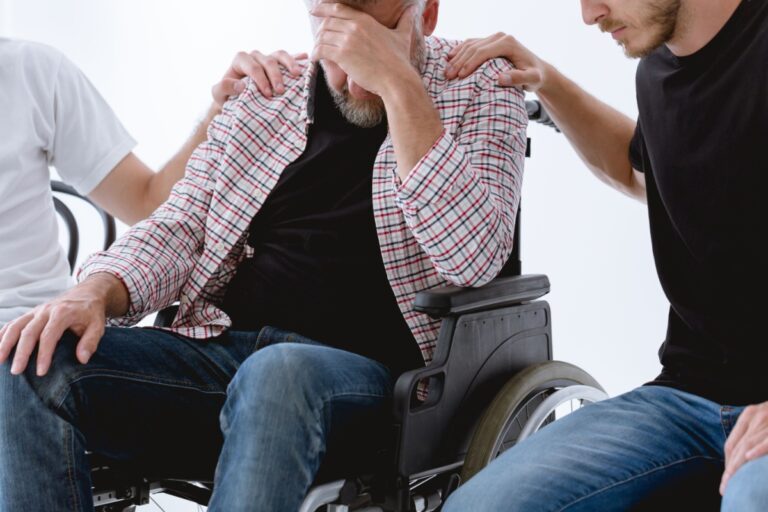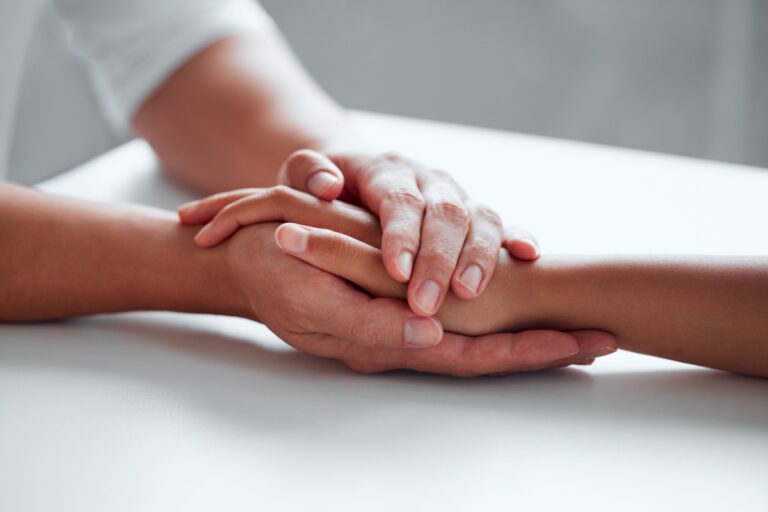How Mental Health Damages Factor Into Personal Injury Settlements in Ohio

Personal injury claims often center on what can be seen and measured: X-rays, medical bills, lost income. But for many accident survivors, the most lasting harm isn’t physical — it’s psychological. One study on car crash victims found that 70% reported a severe impact on work or school, 52% struggled socially, and nearly half developed PTSD.
In Ohio, these invisible injuries can significantly influence a personal injury settlement, but only when properly documented and supported. Read on as we explain how mental health damages are handled under Ohio law, what kind of evidence strengthens a claim, and how experienced attorneys build cases that reflect the full scope of harm.
What Are Mental Health Damages in a Personal Injury Case?
Mental health damages refer to the emotional and psychological suffering a person experiences as a result of an injury. These are typically classified as non-economic damages, meaning they don’t have a clear dollar value like medical bills or lost wages, but can still have a profound impact on daily life.
Common mental health conditions that may arise after a traumatic event include:
- Post-traumatic stress disorder (PTSD): PTSD can cause flashbacks, avoidance behaviors, and sleep disturbances.
- Depression: Many individuals struggle with feelings of hopelessness, fatigue, and disconnection after an injury, especially if their independence or identity has been affected.
- Anxiety: This may include generalized anxiety, panic attacks, or specific fears related to driving, public spaces, or returning to work.
- Cognitive impairments: Head injuries, in particular, can lead to memory issues, concentration difficulties, or mood regulation problems.
- Adjustment disorders: These occur when individuals have difficulty coping with the emotional fallout of an injury and the changes it brings to their lifestyle.
Learn more about how to find help for PTSD and anxiety after an accident in Ohio.
Can victims seek compensation for mental health damages in Ohio?
Yes, under Ohio law, individuals may seek compensation for mental health damages as part of a broader personal injury claim. Mental health damages aren’t treated as a separate lawsuit or standalone claim. Instead, they’re woven into the overall picture of harm (alongside medical bills, lost income, and physical injuries) to help determine a fair settlement or award.
However, not all emotional suffering leads to compensation. The law doesn’t allow for speculative or generalized claims of stress or sadness. Instead, you need clear, credible evidence that ties their psychological injuries directly to the incident in question and demonstrates the effect on your life.
This is where legal strategy and early action matter. Without the right documentation and support, emotional damages can easily be undervalued or dismissed altogether.
How Lawyers Build a Mental Health Damages Case
Since mental health injuries don’t come with a cast or stitches, building a strong case for emotional or psychological harm requires a combination of documentation, storytelling, and strategy.
Here are some of the building blocks attorneys use to construct a compelling mental health damages claim:
- Documenting the injury through treatment and expert care: The most important step in any mental health claim is getting treatment. Diagnoses, therapy notes, psychiatric evaluations, and expert opinions form the foundation of the case. Without them, mental health damages may be impossible to prove.
- Establishing the ‘before and after’ picture: We’ll work to understand who you were before the injury, and who you are now. This involves reviewing medical records, speaking with family members, and identifying any pre-existing mental health conditions or comorbidities. The goal here is to show a clear and credible shift in functioning caused by the incident.
- Telling the client’s story with empathy and evidence: Jurors may bring skepticism or stigma to mental health claims, which makes storytelling essential. An attorney’s goal is to tell your story in a way that the person listening says to themselves, ‘Well, if I don’t enforce this rule against the wrongdoer, I’m putting myself at risk.’ We’ll craft narratives that resonate, emphasizing the emotional toll, daily struggles, and courage to keep going.
- Linking the harm to the incident: Psychological injuries must be tied directly to the accident or event. That means showing not only that you’re struggling, but that your current condition is a direct result of the defendant’s actions or negligence.
Why Early Legal Help Makes All the Difference
Physical wounds often heal with time, but emotional ones don’t always follow the same timeline. After a traumatic event, it’s common to feel overwhelmed, anxious, or unlike yourself. Maybe it’s harder to sleep, or perhaps work or relationships have started to fray.
The truth is: mental health injuries are often the most overlooked part of a personal injury claim. But with the right care, documentation, and legal support, that doesn’t have to be the case. The sooner you seek help, the stronger your foundation will be — not just for healing, but for securing the compensation needed to move forward.
At Slater & Zurz, we know how to tell the full story beyond what’s on a medical chart. If emotional or psychological trauma has followed an accident, we’re here to listen, guide, and fight for the outcome that reflects everything that was lost.
Call 330-762-0700 today for a free consultation.




